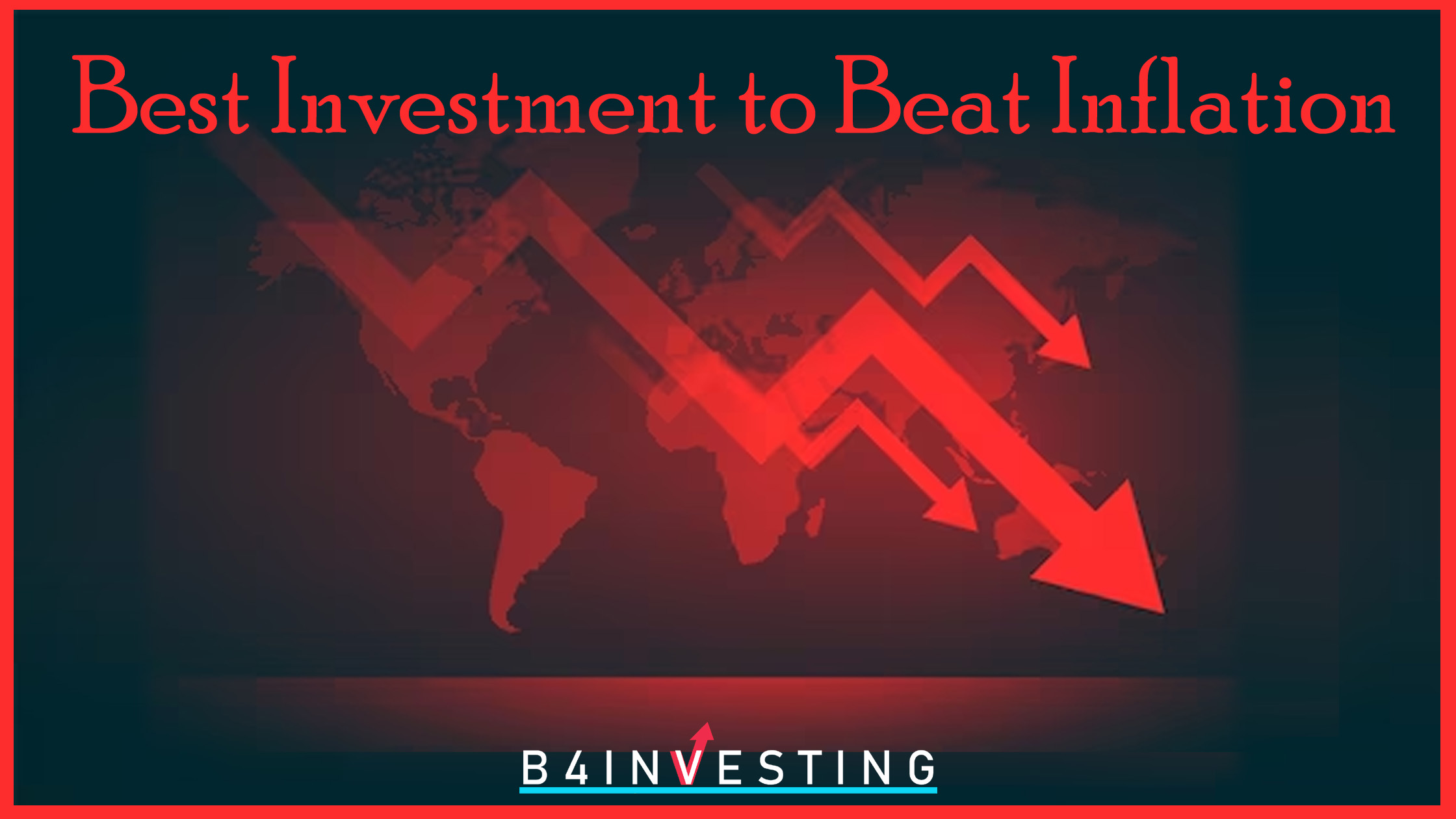
Investment to Beat the Inflation
Inflation means the rise in the prices of goods and services of daily or common use, such as food, clothing, housing, recreation, transport, consumer staples, etc. If we bought a bag of goods and services at Rs1000 last year and today it is costing Rs1040 then we say inflation is 4% this year. In short, inflation means change in prices of goods and services.
Profiting from inflation can be challenging, but there are several strategies that can be beneficial for investors and individuals during period of inflation. But as we know that each strategy comes with its own risks, and it’s crucial for investors to carefully assess their own financial situation, risk tolerance, and investment goals before making any decisions. Here are some strategies that individuals may consider:
1. Equity Investments:
Stocks of Inflation-Resistant Companies: Invest in stocks of companies that can pass on increased costs to consumers and have a history of performing well during inflationary periods. These may include companies in essential sectors like utilities, healthcare, and consumer staples.
Customers can directly invest in stock market or can invest through equity mutual fund scheme which pools money from investors and build portfolio according to the schemes objectives.
2. Commodities:
Investing in commodities, such as gold and silver, can act as a hedge against inflation. Gold, in particular, is often considered a store of value during uncertain economic times. There are multiple ways to invest in gold like physical gold, gold ETFs, Sovereign gold bonds.
Read more about why should you invest in Gold.
3. Real Assets:
Real Estate: Real estate is often considered a hedge against inflation. As the value of physical assets tends to rise with inflation, real estate can provide a potential store of value.
Infrastructure Investments: Investments in infrastructure projects can also be a way to benefit from inflation, as the value of these assets may increase over time.
4. Debt Investments:
Inflation-Linked Bonds: Consider investing in inflation-indexed bonds. In India, the government issues Inflation-Indexed National Savings Securities (IINSS), which are designed to protect investors from inflation.
Floating Rate Bonds: These bonds typically have interest rates that adjust with changes in market interest rates, providing some protection against inflation.
5. Foreign Investments:
Diversification: Consider diversifying your portfolio by investing in assets denominated in foreign currencies. This can help protect your investments from the impact of domestic inflation.
6. Cryptocurrencies:
Bitcoin and Other Cryptocurrencies: Some investors view cryptocurrencies, particularly Bitcoin, as a store of value similar to gold. However, it’s important to note that cryptocurrencies can be highly volatile and come with their own set of risks.
7. Businesses and Entrepreneurship:
Start or Invest in Businesses: Some businesses can benefit from inflation, especially those that can adjust prices to match increased costs. Entrepreneurship and investment in such businesses can be a way to navigate inflation.
Before making any investment decisions, it’s important to conduct thorough research, consider one’s risk tolerance, and possibly consult with a financial advisor. Additionally, be aware that economic conditions and investment landscapes can change, and past performance is not indicative of future results.

